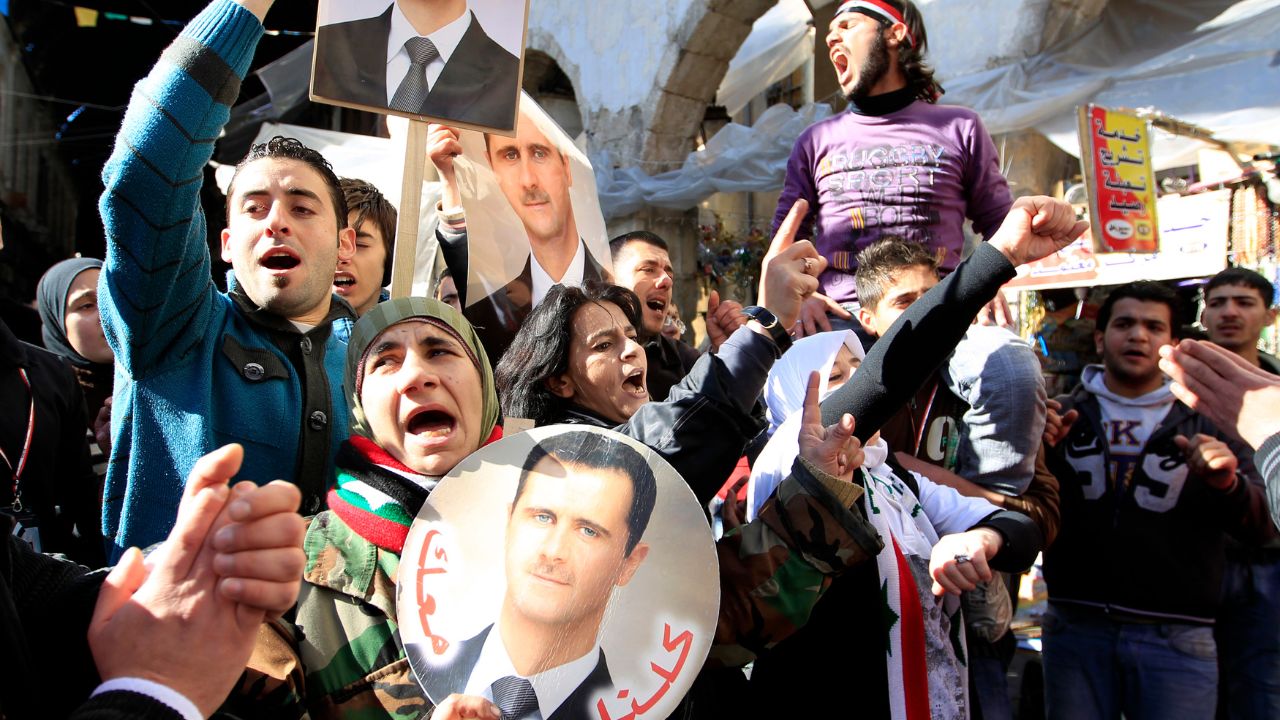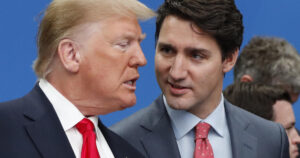

From Damascus’ support for New Delhi’s position on Kashmir to India’s endorsement of Syria’s claim over the Israeli-occupied Golan Heights, the two nations have shared a bond that transcends typical geopolitics.
Official diplomatic relations began in 1950, just a few years after both nations gained independence. Indian Prime Minister Jawaharlal Nehru’s visit to Damascus in 1957 marked the beginning of a partnership that has endured several political storms.
During the Arab-Israeli conflict of the 1970s and 1980s, India stood firmly for Syrian rights. In turn, Syria, unlike many of its counterparts in the Organisation of Islamic Cooperation (OIC), supported India’s position on Kashmir, undermining Pakistan’s efforts to rally Muslim nations against New Delhi.
Even during the peak of the Syrian civil war, India maintained its embassy in Damascus, closing it only briefly in 2015 when violence surged. In 2012, India refused to back UN sanctions against Syria, underscoring its steadfast support for Damascus.
What Does India Have at Stake in Syria?
For years, New Delhi has invested in Syria’s infrastructure and development, aiming to solidify bilateral ties and capitalize on the nation’s strategic location.
In 2009, India extended a Line of Credit worth $240 million for the expansion of the Tishreen Thermal Power Plant, a project executed by Bharat Heavy Electricals Limited (BHEL).
Earlier, in 2004, the Oil and Natural Gas Corporation (ONGC) partnered with IPR International for oil exploration in Syria. Alongside China’s CNPC, it acquired a 37% stake in a Canadian firm operating in the country.
To support Syria’s post-war economic recovery, India has contributed to initiatives in education, agriculture, and IT.
Under the Study in India program, India offered 1,500 scholarships to Syrian students between 2017 and 2018. Despite war-driven disruptions, bilateral trade between the two nations reached $100 million from 2020 to 2023.
What’s the Way Forward?
The recent power shift in Syria, driven by the Islamist alliance Hayat Tahrir al-Sham (HTS) and Turkish-backed Syrian militias like the Syrian National Army, has created a complex geopolitical landscape.
With Turkey playing a central role, India must tread carefully, especially given Ankara’s critical stance on Kashmir.
While it is hard to predict how the situation in Syria will evolve, it is clear that new alliances will form and old ones will crumble. Amid these shifting sands, India must navigate carefully, balancing its strategic interests and diplomatic engagements.
After all, “Geopolitics is a dance of shadows; step carefully, or be lost in the dark.”



